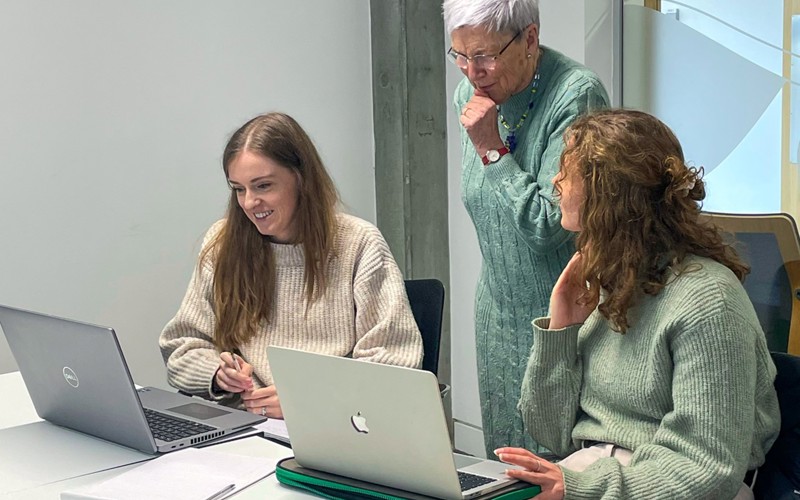
Trust, transparency and the public good: reflections from our public workshops
This month, Research Data Scotland (RDS) published a new report on public opinions of data access for research. Learn more about how we involved the public in this blog post from Katie Oldfield, Senior Engagement Manager.
Katie Oldfield
25 Sept 2025


